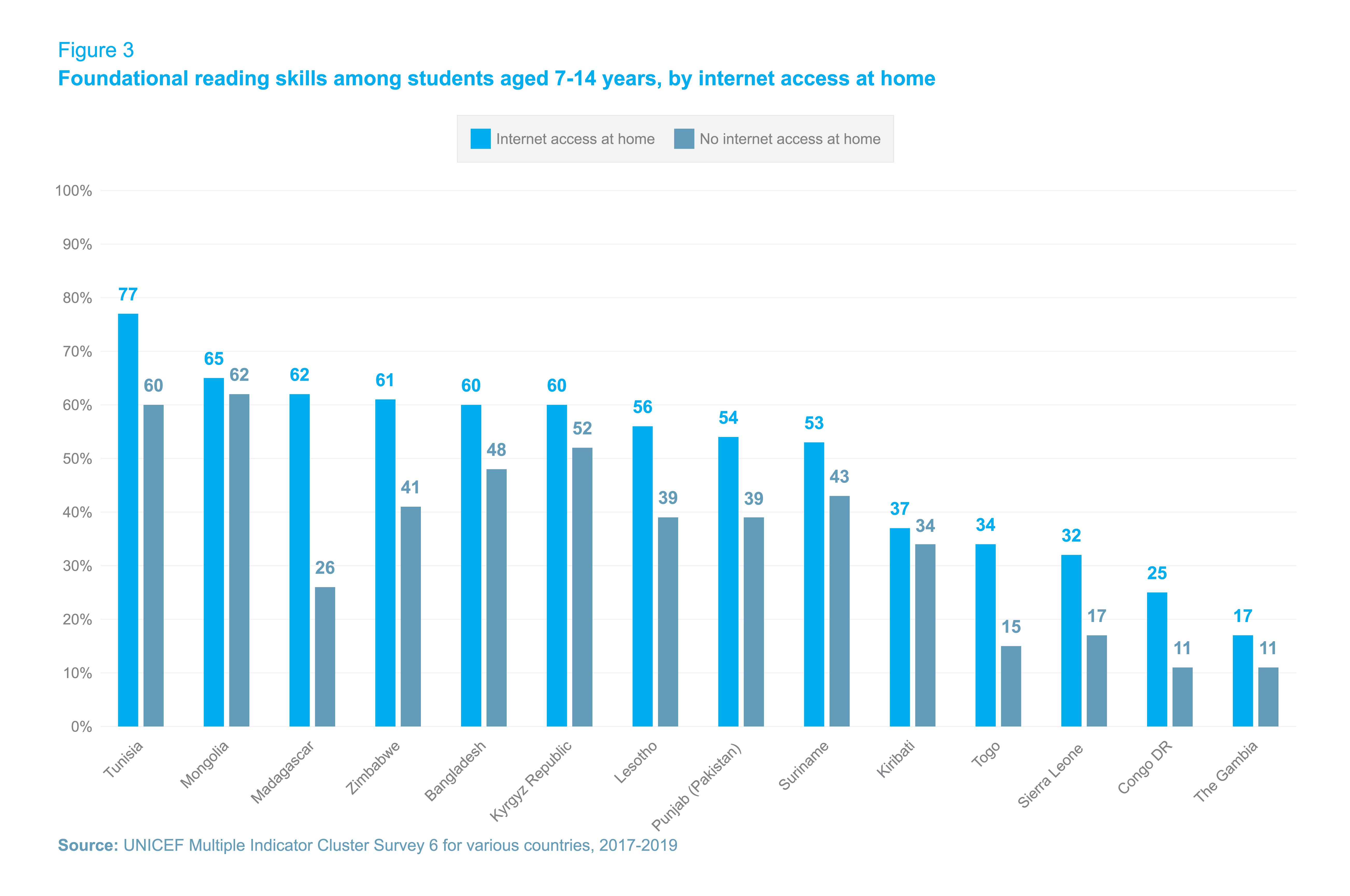

Navigating Education in Unprecedented Times
The global pandemic disrupted various facets of our lives, and education was no exception. As schools and universities closed their physical doors, educators, students, and parents found themselves navigating uncharted territory. Remote learning emerged as a lifeline, offering a semblance of continuity in education during these challenging times.
Challenges and Opportunities in Remote Learning
While remote learning became a necessity, it also brought forth a unique set of challenges. Students faced difficulties adapting to virtual classrooms, dealing with technology issues, and missing the social interactions inherent in traditional education settings. However, it also presented opportunities for innovation, pushing educators to explore new teaching methodologies and leverage digital tools to enhance the learning experience.
The Role of Technology in Shaping Remote Education
Technology played a pivotal role in the transformation of education during the pandemic. Virtual classrooms, video conferencing platforms, and collaborative online tools became the new norm. This shift not only facilitated real-time interaction between teachers and students but also opened up possibilities for global collaboration. The integration of technology became a catalyst for reshaping the future of education.
Remote Learning’s Impact on Student Engagement
One of the notable aspects of remote learning was its impact on student engagement. With the flexibility of accessing lectures and resources from anywhere, students had the opportunity to tailor their learning experience to suit their individual preferences. However, maintaining consistent engagement and motivation proved to be a challenge that educators and students worked together to address.
Addressing Equity Issues in Remote Education
While remote learning offered flexibility, it also highlighted existing disparities in access to technology and the internet. Not all students had equal opportunities to participate fully in virtual classrooms. Schools and policymakers recognized the importance of addressing these equity issues to ensure that education remains accessible to all, regardless of socio-economic factors.
Remote Learning as a Catalyst for Lifelong Learning
The pandemic emphasized the need for continuous adaptation and learning in a rapidly changing world. Remote learning not only served as a short-term solution but also became a catalyst for promoting lifelong learning. The skills developed during this period, such as digital literacy and self-directed learning, are valuable in preparing individuals for the evolving demands of the future.
Teacher Innovation and Professional Development
Educators found themselves at the forefront of innovation during the pandemic. Adapting lesson plans for online delivery, exploring new teaching methodologies, and incorporating interactive elements into virtual classrooms became essential skills. Professional development opportunities and collaborative platforms allowed teachers to share insights and support one another in this transformative journey.
The Emotional and Social Impact on Students
Beyond academic challenges, the shift to remote learning also had emotional and social implications for students. The absence of in-person interactions with peers and teachers took a toll on the social development of students. Schools and educators recognized the importance of fostering emotional well-being and implemented strategies to address the social aspect of learning in virtual environments.
Preparing for the Future of Education
As the world gradually recovers from the pandemic, the lessons learned from the era of remote learning will shape the future of education. Schools and educational institutions are now better prepared to integrate technology seamlessly into their curricula. The experience gained during this challenging period will contribute to a more resilient and adaptable education system.
To explore more about the impact of remote learning during the pandemic on consumer health, visit Remote Learning Pandemic. As we reflect on this transformative period in education, it is evident that the challenges posed by the pandemic have accelerated positive changes, fostering a more innovative, inclusive, and technologically advanced approach to learning.







